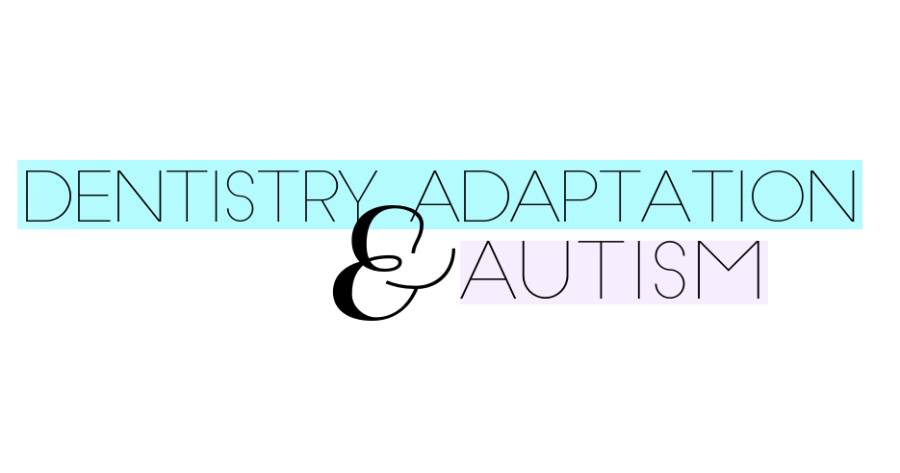Autism affects 1 in every 68 U.S. children. Often, children with autism struggle with anxiety in new situations, including during trips to the dentist. Researchers from USC and Children’s Hospital Los Angeles decided to look into how dental environments could be adapted for children with Autism Spectrum Disorder. They strived to make the environment more comfortable for autistic children who are often overwhelmed and uncomfortable in dental offices. They typically get anxiety and fear from the overstimulating effects of lights, sounds, and equipment.
So, what can be done to help a child on the autism spectrum have a more pleasant experience in the dental chair? We have some tips. Although none of these solutions guarantee a perfect experience, they will certainly improve the overall quality of the visit.
A Detailed Explanation
One of the main things autistic patients find unsettling about the dental office is the fact that it’s so unfamiliar. People with autism thrive on routine, and anything that appears new or strange can be unnerving. To best combat this in the dental office, dentists and hygienists can lay out exactly what will be done during the procedure, and give a demonstration of the equipment that will be used to perform it (and any noises the equipment might make!)
Adjusting the Chair
The bright light and reclining chair may be unfamiliar and scary for an autistic patient. Parents can try to familiarize an autistic child with the idea of a reclining chair at home or in a store so it isn’t a completely new experience when the child gets to the dental office. As for the bright light, although it is necessary for dental procedures, and dentists usually provide sunglasses, if the child is still uneasy about the light, parents can bring something to cover the child’s eyes more completely.
Attitude is Everything
Children, especially those with Autism Spectrum Disorder, are extremely sensitive to the mood of a room. If a parent or dentist seems irritated or impatient, it will only further agitate and frighten the child. As such, it is important for parents and dentists to work together to provide children with a calm, patient environment. If everyone else in the room is friendly and relaxed, the child will feel the difference in the office atmosphere.
If you have any other questions or concerns about how best to accommodate your autistic child’s visit to the dentist, or what we can do to help, please contact us. We would be happy to work with you to make your child’s visit a positive one!
